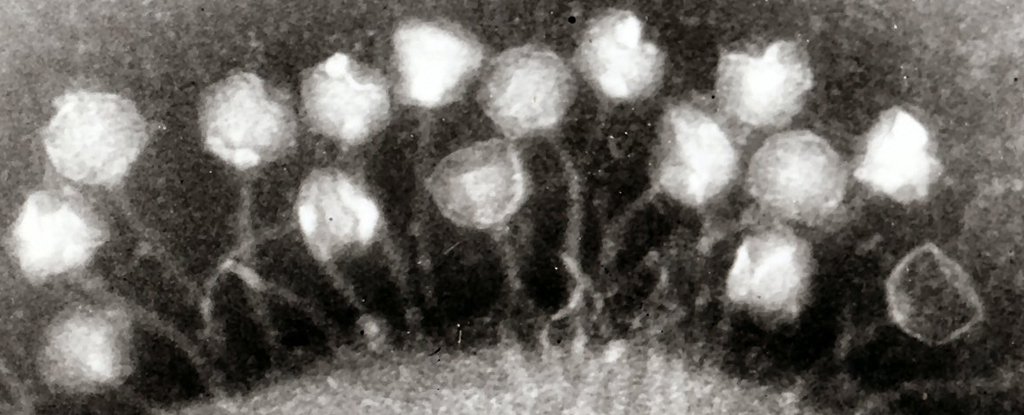US baby boomers are the most selfish generation and US evangelicals are the most tribalist, brain-dead jackasses.
I also think they are all liars. George W Bush who both groups elected said we would find a replacement for Kyoto, where was it during his term? The answer is he's a liar.
Trump says he loves clean air, and clean water, you call charcoal air clean??? Obama let the Paris Accords be non-binding to appease coal-burning and oil-producing countries in the Global South, and 2nd world, and a few of his "allies" like Saudi Arabia.
None of the elite(world leaders, and business leaders) who caused this will burn, yet millions of people with no power will.
Edit: Just watched this video, the problems are political problems, and the companies that bribe, and lie to our politicians who then lie to their people are the problem.

